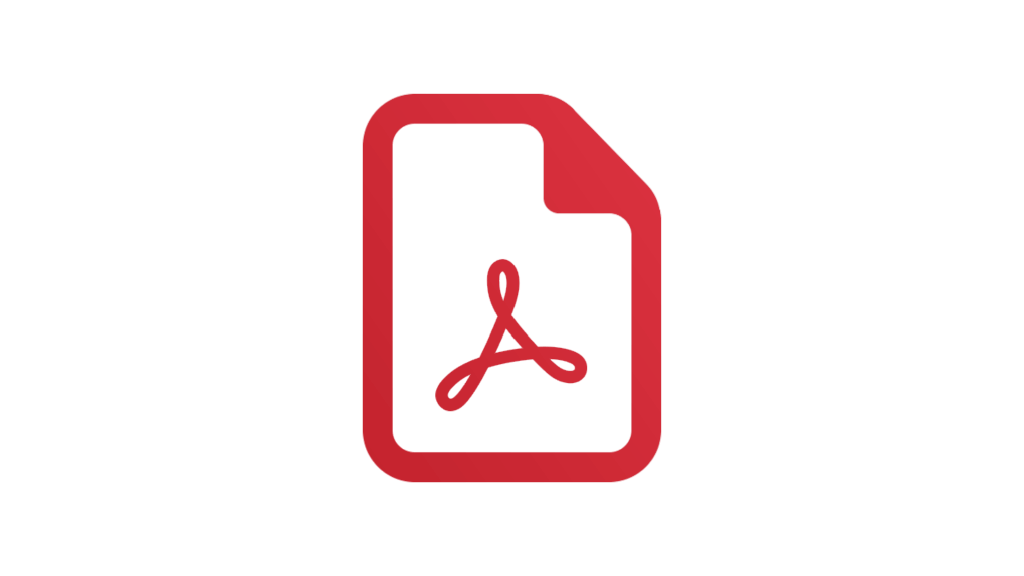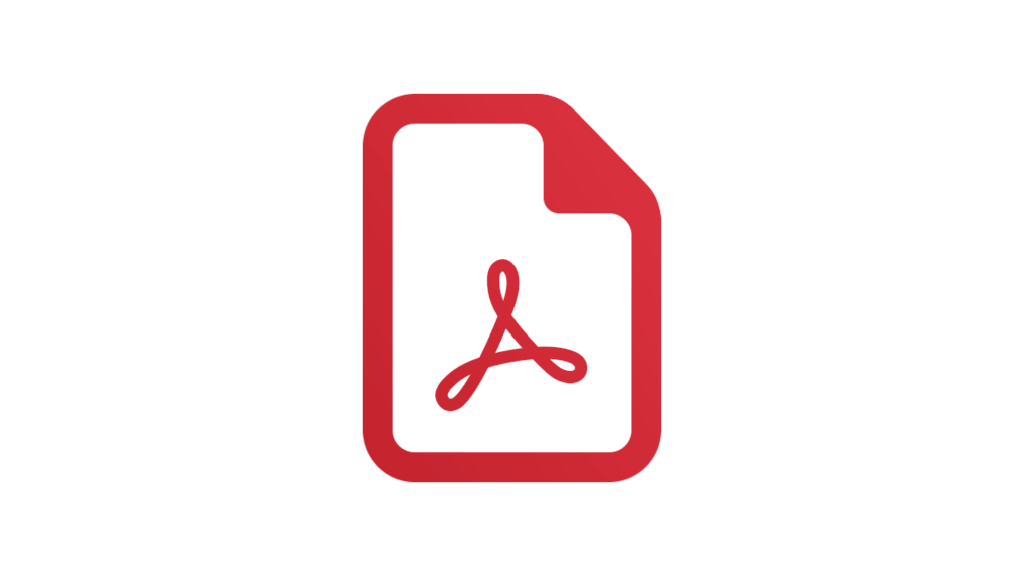
25 May 2023
CQC takes action to drive improvements in the quality and safety of maternity services at East Kent Hospitals University NHS Foundation Trust
Embargoed until 00.01 hours on Friday 26 May
The Care Quality Commission (CQC) has told East Kent Hospitals University NHS Foundation Trust that it must make immediate improvements to its maternity services following an inspection in January which saw the service’s rating drop from requires improvement to inadequate.
CQC carried out an unannounced focused inspection of the trust’s maternity services at William Harvey Hospital and the Queen Elizabeth the Queen Mother Hospital. The inspection was undertaken in response to concerns received about the culture, safety and quality of the services.
Immediately after the inspection, CQC imposed urgent conditions upon the trust requiring it to take action to ensure significant improvements were made to the environment and access to vital equipment in the maternity service.
The overall rating for maternity services at William Harvey Hospital has dropped from requires improvement to inadequate, as has the rating for safety. How responsive the service is at the hospital has declined from good to inadequate. Effective, caring and well-led have dropped from good to requires improvement.
At Queen Elizabeth the Queen Mother Hospital, the overall rating for their maternity services has dropped from requires improvement to inadequate as has the rating for safe and well-led. Effective and caring have declined from good to requires improvement and responsive remains as good.
Deanna Westwood, CQC's director of operations south, said:
“Over the last few years we have monitored the maternity services at East Kent Hospitals University NHS Foundation Trust closely, and where we have found action is needed this has been made clear so that the trust knows exactly where it must make improvements.
“Yet despite this we still found concerns and it is extremely disappointing that this latest inspection found a further decline in the quality of care people were receiving. That is why we have used our urgent enforcement powers to require immediate improvements. In particular we identified concerns around the use of resuscitation equipment at both hospitals we inspected. Babies needing emergency resuscitation were taken to a resuscitaire device – however in some cases these were outside the labour room and in the corridor. This could potentially result in delays in vital care and treatment for newborns, as well as separation from the mother and an increase in the potential for babies to be mis-identified.
“We saw staff working extremely hard in difficult circumstances to provide compassionate and responsive care, but not enough had been done to ensure those staff were listened to or fully supported. Staff told inspectors they didn’t feel respected or valued which was having an impact on the quality of care being delivered. Leaders at the trust need to do further work to improve the culture, ensure staff are actively encouraged to raise concerns and clinicians are engaged and encouraged to collaborate in improving the quality of care.
“We’re monitoring the trust very closely, as are system partners and we’ll return to check that the required improvements have been made. If further improvements are not implemented and embedded, we will not hesitate to take further action to ensure we are confident people are receiving the safe, consistent care they deserve.”
Throughout William Harvey Hospital maternity service inspectors found the following:
- Staff did not always ensure a second opinion was sought; a process called the ‘fresh eyes’ Fresh eyes is used as way for another midwife or obstetrician examining the foetal heart rate trace. This reinforces good practice and help with decision making.
- The service did not always plan or provide care in a way that met the needs of all local communities it served. Services were not always accessible to women and people who wanted to use them.
- There were delays to discharges and these were not monitored.
- The triage and day care facilities were poor, and women and people using the service were cared for in a chaotic environment.
- Women and people using the service were not always cared for in appropriate environments due to challenges in managing flow across the maternity unit. Some areas were small and cramped and not fit for purpose.
- Fire safety was not well managed. Inspectors saw fire doors in the labour ward with the automatic hinge removed. This meant the door would not close automatically in the event of a fire and does not meet NHS fire codes.
- The fire exit route through the labour ward was cluttered as a result of a lack of storage on the ward. This meant it would make the escape of people and babies on beds very difficult. Inspectors raised these concerns with the local fire department and with the trust. In response the trust took immediate steps to ensure fire doors were fully functioning and clear escape routes were in place.
But inspectors also found:
- The breastfeeding support team provided a good service. They were responsive and supportive, and available seven days a week, providing services in the maternity department and at home.
- Staff had training in safeguarding for women, people using the service and babies and understood how to protect people from abuse and took appropriate actions.
- The bereavement service supported women and their families appropriately and sensitively.
Throughout Queen Elizabeth the Queen Mother Hospital maternity services, inspectors found the following:
- Reception staff could control who entered the unit and staff were encouraged to challenge individuals who were not wearing an identifiable wristband. However, the service did not have a system to control who exited the unit, which was a potential security risk. The service had an infant and child abduction plan; however, this was past its review date of November 2022. Inspectors were told this was currently under review.
- Expressed milk was labelled and dated correctly in the designated fridge. However, the fridge and freezers weren’t individually locked, and neither was the room they were in. The head of midwifery said these should have been locked but staff told us they never were. They replaced the lock on the fridge at the time of inspection after inspectors raised concerns.
- Equality and diversity were not always promoted within the service. The trust did not perform well in the workforce race equality standard (WRES) data. For example, the trust performed worse than the national average for ethnic minority staff receiving harassment, bullying or abuse from patients, relatives or the public, staff and from a manager/team leader or other colleagues in last 12 months. The trust had an action plan to address this.
But inspectors also found:
- Women and people using the service were treated with compassion and kindness by staff. Staff gave emotional support to families and carers.
- The needs of local people were met, and service planning took account of women and people using the service individual needs.
- People could access the service when they needed it and did not have to wait too long for treatment.
- Women and people using the service were supported by enough staff in the department who also understood how to protect them from abuse.
The reports will be published on the website on Friday 26 May.
Contact
For media enquiries:
- Sinclair Davis, regional engagement officer – 07385 373936 – sinclair.davis@cqc.org.uk
- Gill Patterson, regional engagement officer – 07393 754216 – gill.patterson@cqc.org.uk
- John Scott, regional engagement manager - 07789 875809 - john.scott@cqc.org.uk
- Alternatively, you can email regional.comms@cqc.org.uk
Journalists wishing to speak to the press office outside of office hours can find out how to contact the team on the website.
Notes to Editors
CQC uses feedback from people using services, their loved ones, and staff to help detect any changes in care. CQC also uses this information to help it decide when and where to inspect. If there is evidence people are at immediate risk of harm, CQC can and will take action to ensure that people are being kept safe.
CQC encourages people to give feedback about their care to via the details below.
- Give feedback via the website
- If you are deaf or hard of hearing the SignLive and text relay service enable you to give feedback in BSL or via the Relay UK app.
- Telephone - 03000 616161


